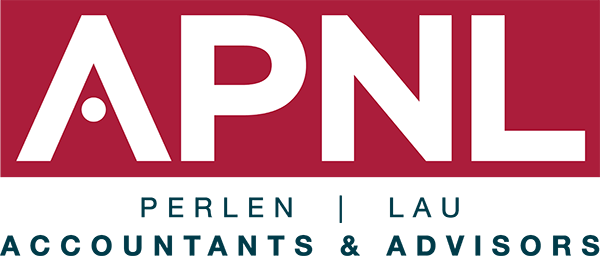What is a Commercial Lease?

.
- retail leases;
- commercial leases;
- licences; and
- subleases.
Retail Leases
Retail leases are used wholly or predominantly for retail shop business. Typically, this is the case whether or not the shop is within a shopping centre.
In Australia, the legislation which governs retail leases differs from state to state. For example, in New South Wales, the Retail Leases Act 1994 is the relevant legislation that governs retail leases. However, there are several exceptions to the application of the legislation, including:
- retail shops over 1000 square metres;
- shops operated within a cinema, bowling alley or skating rink;
- shops in an office tower that form part of a retail shopping centre; and
- leases for over 25 years (including any options to renew).
A distinguishing feature of a retail and commercial lease is that the retail legislation imposes obligations on the landlord and provides rights and protections to tenants who lease retail premises.
It is important to determine whether the relevant retail legislation in your state or territory applies to the premises early. This will impact:
- the requirements you must fulfil before entering the lease;
- the contents of the lease; or
- what will occurs after entering the lease.
Commercial Leases
A commercial lease is for a commercial space, such as a factory or office space. Concerning rent, you can prepare commercial leases on many bases. For example, you could calculate rent on:
- base rent with no outgoings (otherwise known as a gross lease);
- base rent plus outgoings;
- base rent plus a percentage of sales (referred to as turnover rent); or
- rent review as market review, a fixed percentage or based on CPI measure.
Ultimately, your commercial lease may be based on any of the above or a combination. Although, this will depend upon your commercial negotiations with the landlord. The bargaining positions of the landlord and tenant can determine the rental terms of the commercial lease, including:
- their size;
- demand for the premises; and
- strength of the market.
It is important to determine whether the relevant retail legislation in your state or territory applies to the premises early. This will impact:
- the requirements you must fulfil before entering the lease;
- the contents of the lease; or
- what will occurs after entering the lease.
Licences
A licence is, at law, a right of use. This differs from a lease that provides a legal (and usually registrable) right of registration. A licence of premises is usually best for short-term leasing periods. Given the short-term length of the licence agreement, it is less common for the licence to include provisions for the amount of rent to be adjusted, requiring the tenant to pay outgoings in addition to rent or for the tenant to undertake any repairs or maintenance.
However, given the short-term nature, licences also only sometimes include an option to renew the term. As such, it is more suitable for businesses that would like to operate only for a short period. However, suppose you consider operating the premises for a longer period of time. In that case, it may be in your interest to enter into a short term lease instead, with options to renew. For instance, consider a one-year lease.
Another distinguishing feature of a licence is that the occupants are not usually given ‘exclusive possession’. This will vary from licence to licence but often means that the licensor of the premises has greater rights to enter into the Premises at any time.
Subleases
A sub-lease is an agreement between the tenant and a third party (the sub-lessee) to assume the tenants obligations under the lease with the landlord. Further, it is documented as a new agreement between the tenant and third party where the third party becomes a sub-tenant under a sublease agreement. Moreover, this may or may not be on the same terms as the lease between the landlord and tenant. Typically, a lessor must consent to a sublease before it can be entered into.
Additionally, a tenant cannot enter a lease via a sublease unless the lease permits it and the landlord consents. Provisions under a lease that allow for sublease with the landlord’s consent are attractive to a tenant as they allow the tenant to have a level of flexibility to grant occupation rights to another party (for the whole or a portion of the property). Therefore, the tenant can downsize its operations before the expiry of the lease term.
However, it is essential to note that entering into a sublease does not always mean that the tenant has no future obligations to the landlord. Hence, you should always seek legal advice when entering into such an arrangement.
Key Takeaways
As a landlord or tenant, it is crucial to understand commercial leases well. Indeed, they can come in various forms, depending upon the circumstances. For instance, some types of commercial leases include:
- retail leases;
- commercial leases;
- licences; and
- subleases.
Jessica Dinh
20 November 2025
legalvision.com.au
